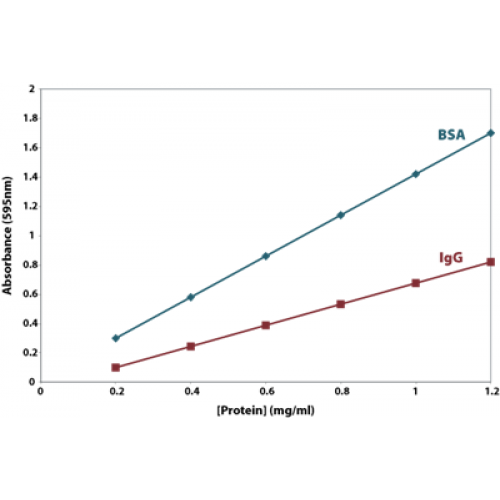Question:
What you need to know about assay development?
The Protein Man Says:
What important role does assay development fulfill? Well, in a nutshell, assay development plays a crucial role in the fields of pharmacological, biological and environmental research. By using the appropriate assays, researchers can analyze the effects of potential drugs under different conditions and determine whether it is necessary to activate or inhibit the target entity (anaylyte). On the other hand, failure to do so can only compromise the integrity of the entire clinical trial.
 Recognizing the vital role assay development plays in the clinical design process, researchers need to ensure that they do not overlook any factors that may be critical in the determination of the effects of the compound or substances being tested. They need to make sure that they use assays with the most robust and sensitive features to come up with the best possible data all the time. Aside from making sure that they use a high quality assay to aid them in their research, they also need to consider the practicality, feasibility and cost of their assays.
Recognizing the vital role assay development plays in the clinical design process, researchers need to ensure that they do not overlook any factors that may be critical in the determination of the effects of the compound or substances being tested. They need to make sure that they use assays with the most robust and sensitive features to come up with the best possible data all the time. Aside from making sure that they use a high quality assay to aid them in their research, they also need to consider the practicality, feasibility and cost of their assays.
To be honest, standardized off-the-shelf assays just don't make the cut. They wouldn't be enough to fulfill these needs since they do not take the unique facets of the compound being tested into consideration. By using them, you may fail to get accurate results and compromise the results of your entire research. Are you willing to risk it?
Developing the most appropriate assay to use with a specific compound involves scientific research which includes the following steps:
-
Identification of the optimal conditions by which the effects of the substance being tested can be accurately determined
-
Troubleshooting of assays
-
Pre-clinical testing in ex vivo samples
-
Obtaining the required samples through the development of specialized procedures
-
Sample processing to facilitate clinical trial
The success of your research may depend on whether or not you use the most appropriate assays so make sure you do it right.






